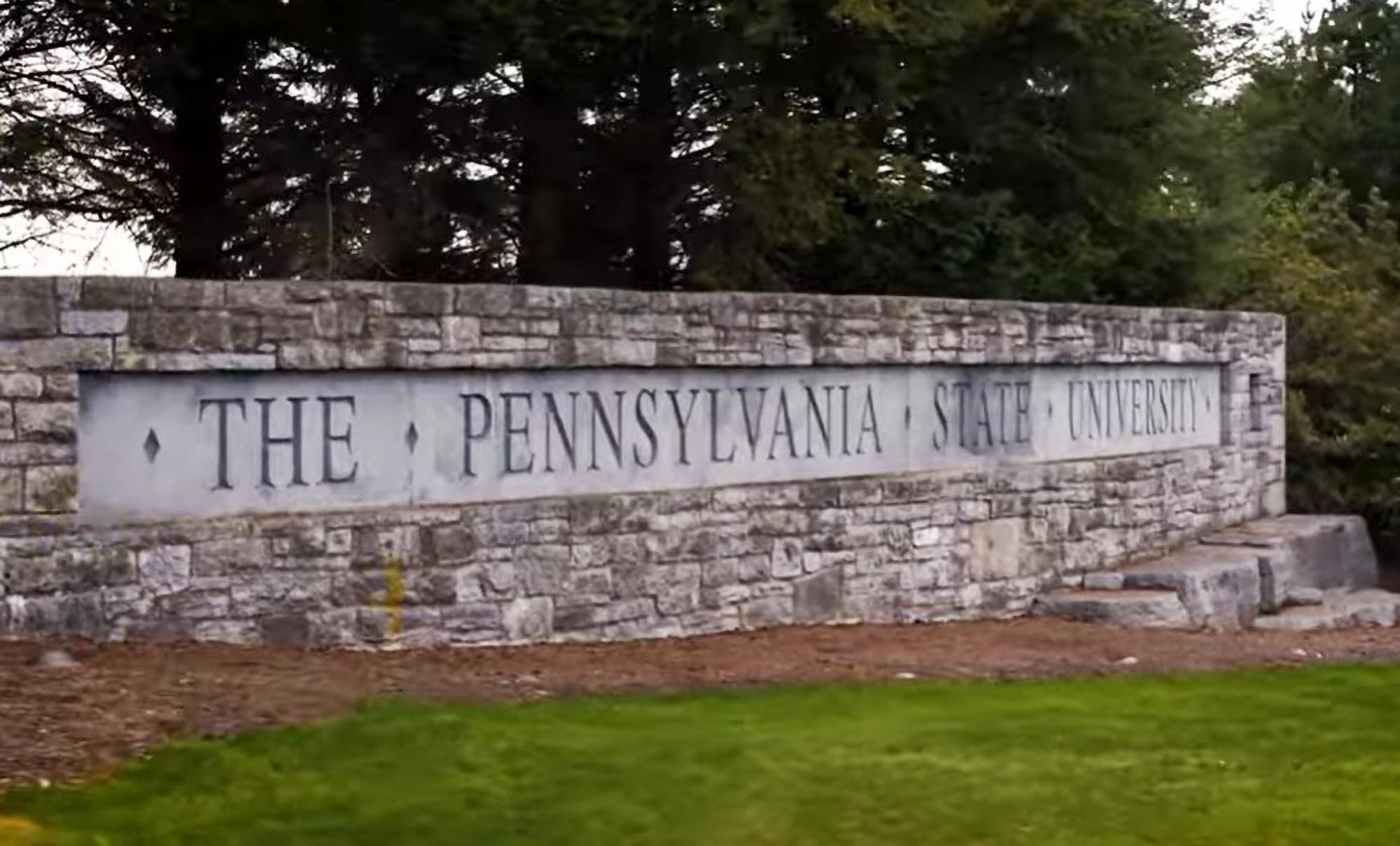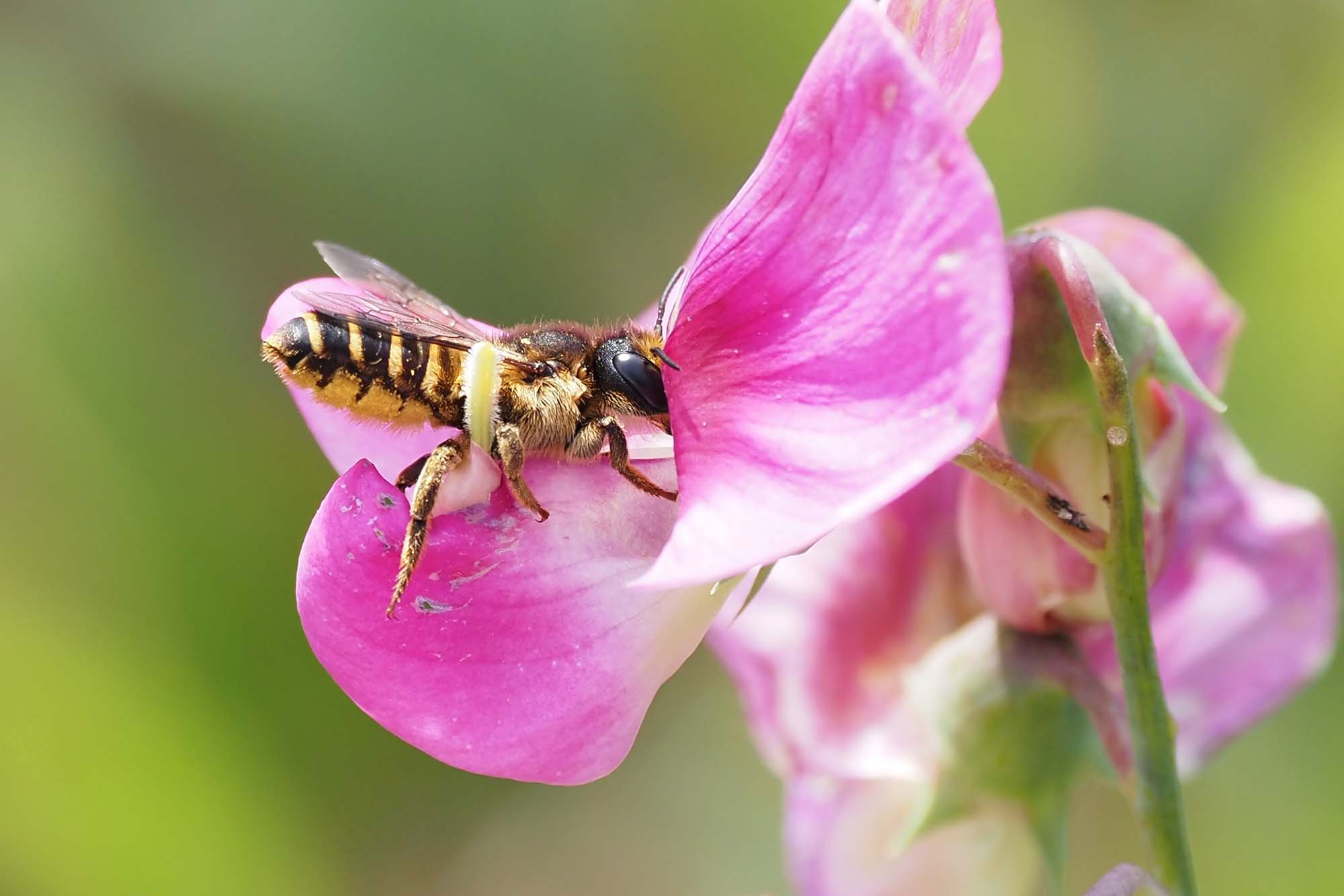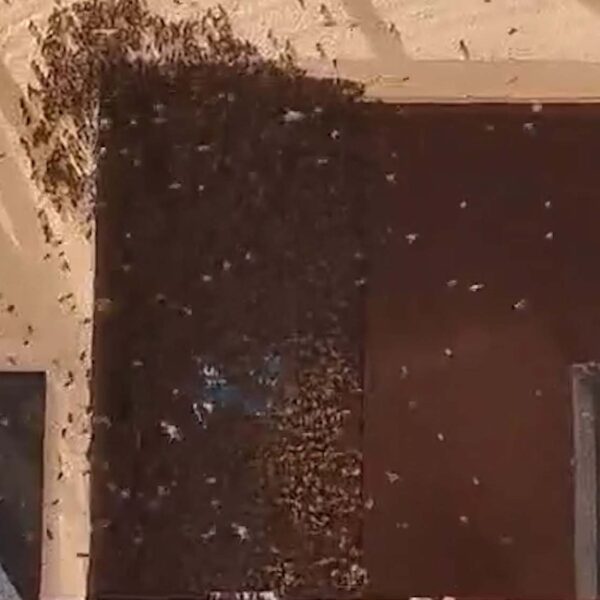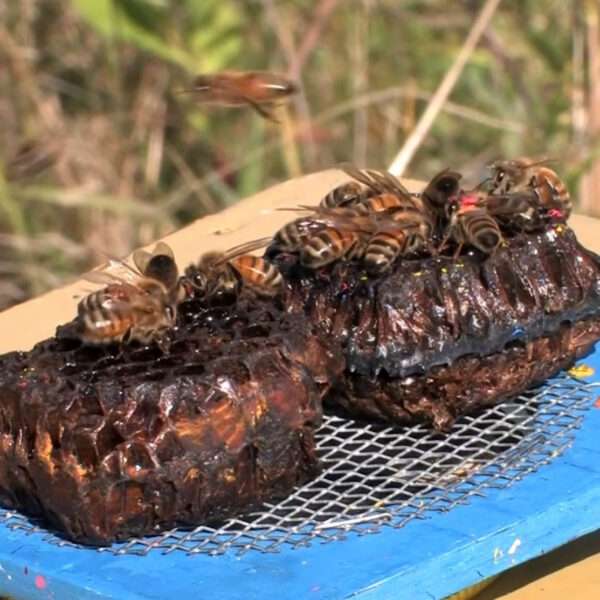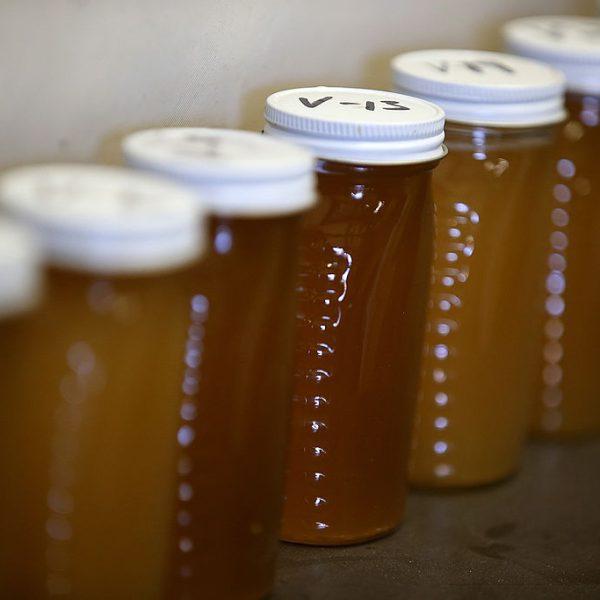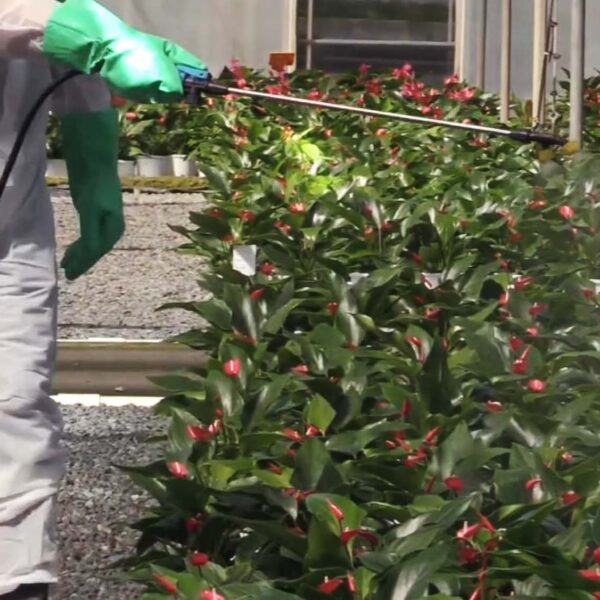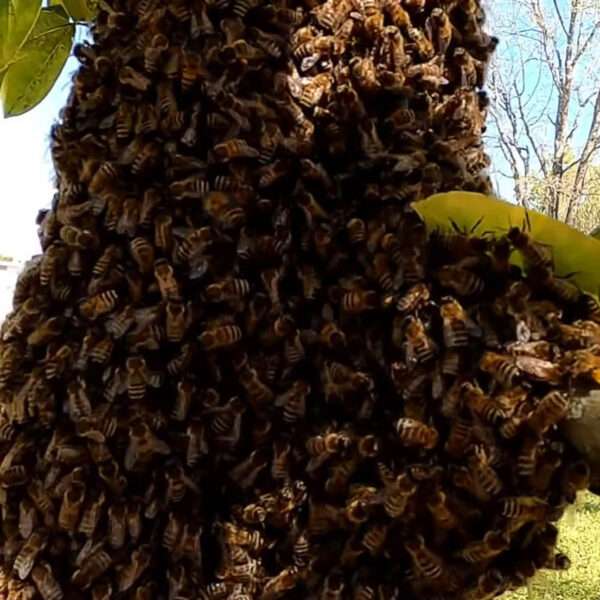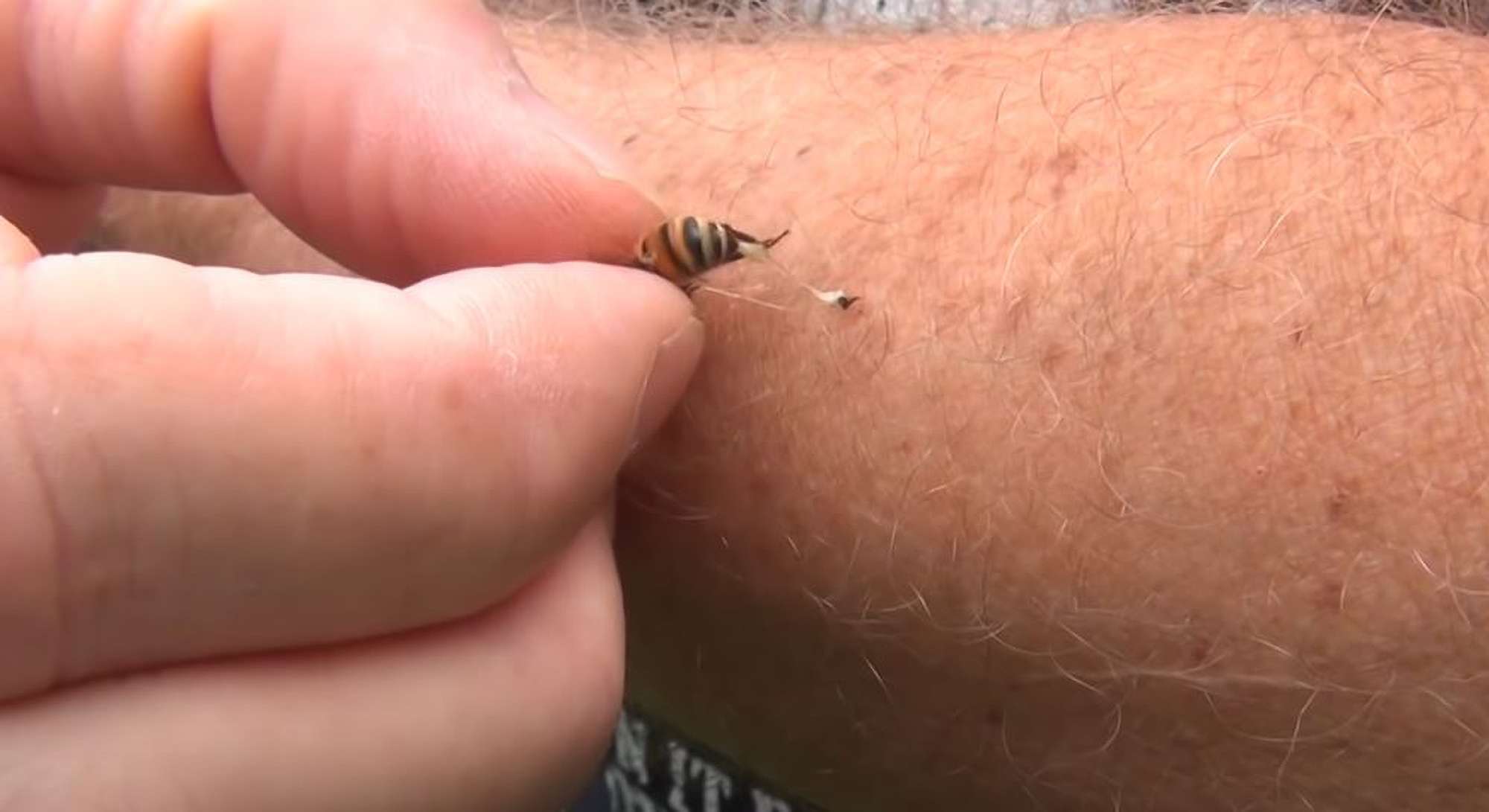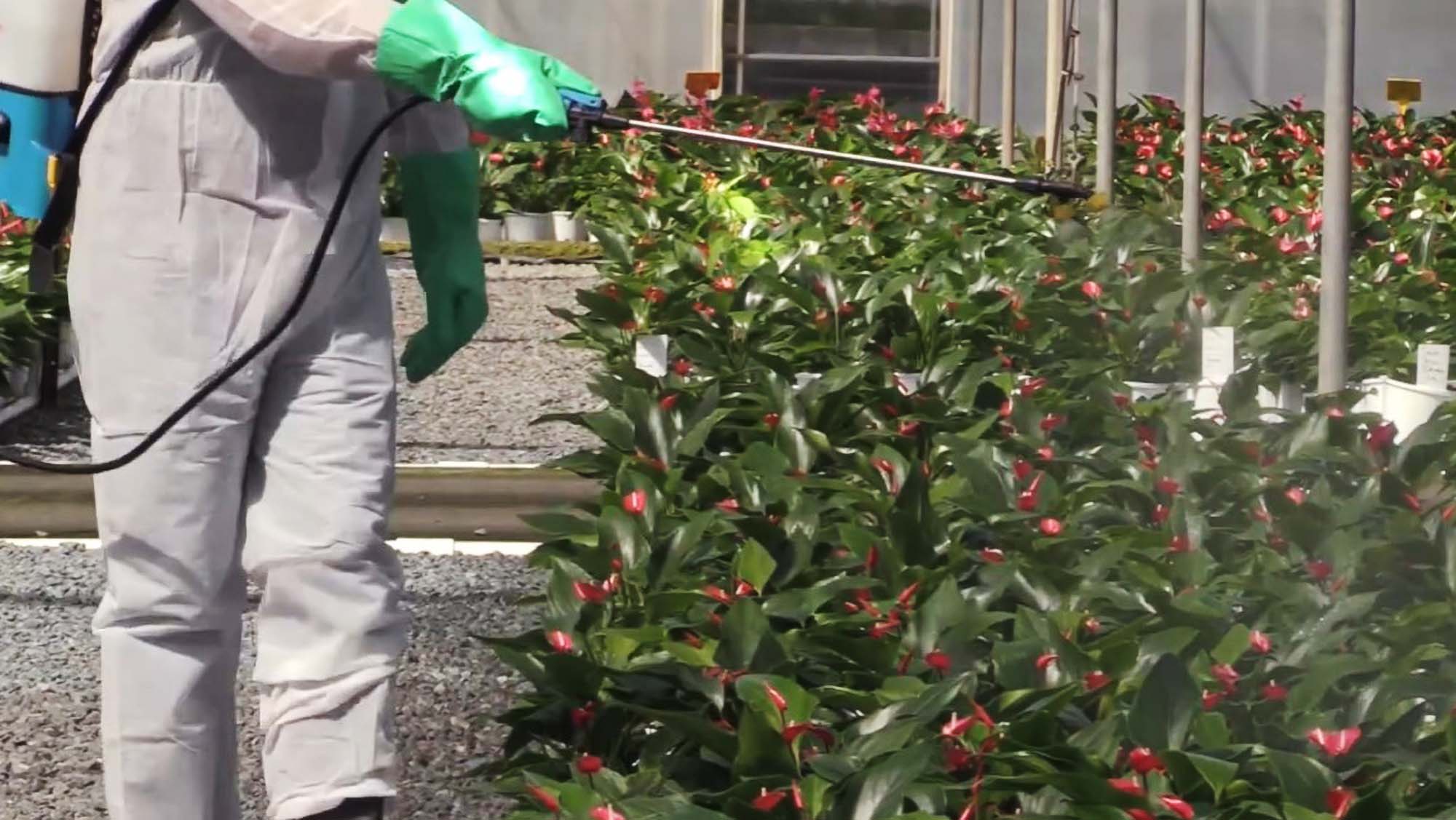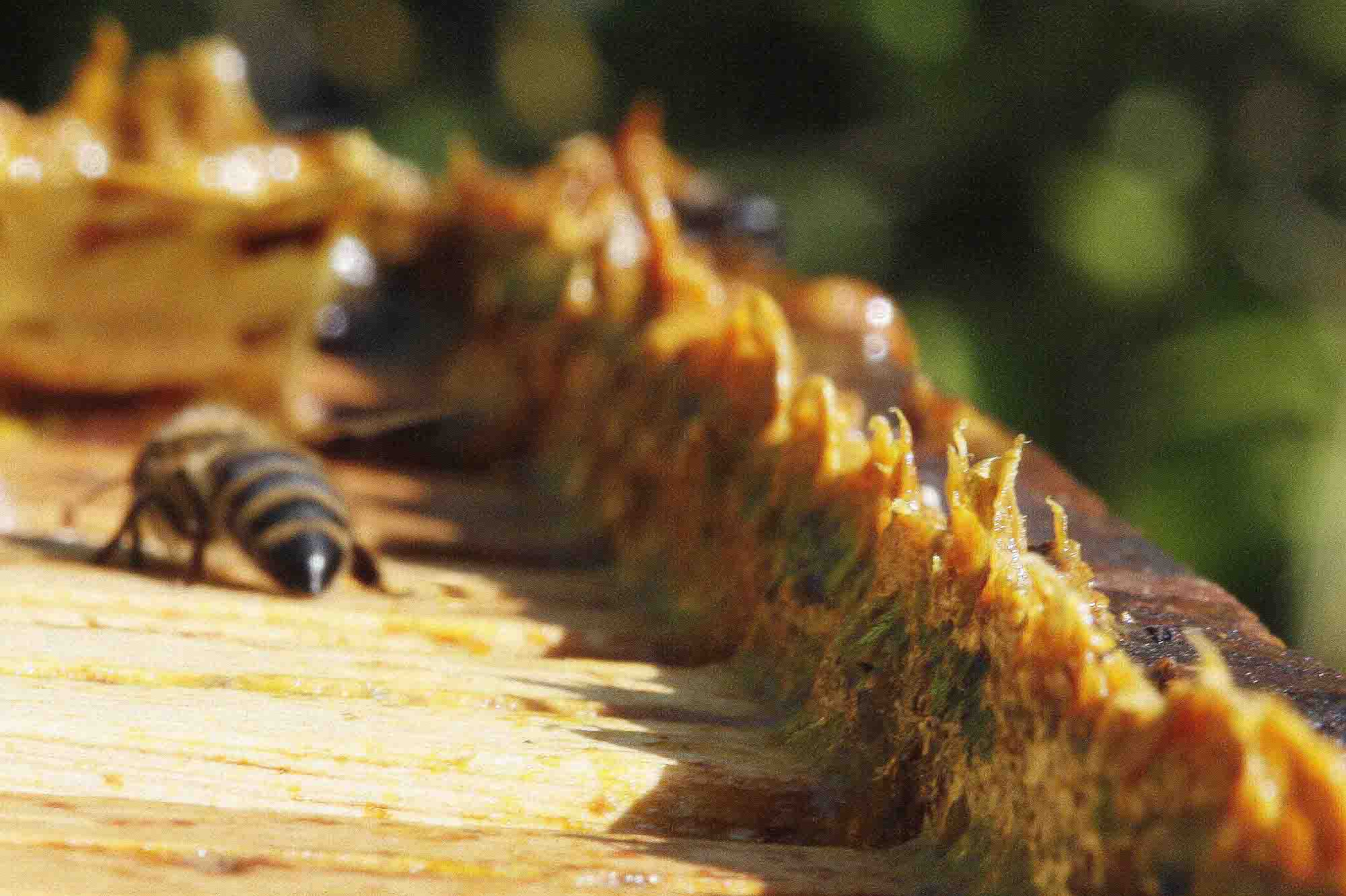Researchers are hoping to gather pace in fighting bee viruses after finding out that feral pollinators in woodlands managed to cope with a dangerous pathogen better than their domesticated peers.
Scientists from Pennsylvania State University (Penn State) determined that colonies at different apiaries in New York and Pennsylvania were worse affected by the Deformed Wing Virus (DWV) than honeybees from Arnot Forest near Ithaca, New York.
The virus is spread by Varroa destructor mites. Varroa infestations are a big risk to hives. If left untreated, the pathogen weakens and eventually kills the insects.
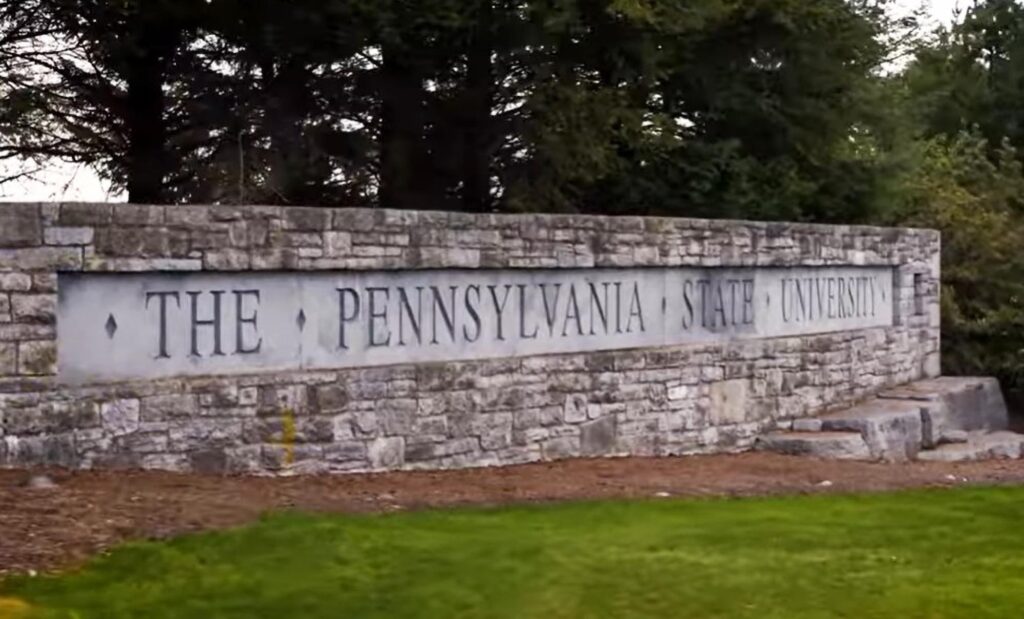
The DWV causes various deformations including twisted wings. Affected insects often die shortly after reaching adulthood.
The Penn State investigation of honey from 13 different locations showed few differences regarding the rate of infections at the various locations under investigation. However, one virus variant detected in the Arnot Forest honeybee population had a comparably weak impact on the insects there.
Allyson Ray is the study’s lead author. She said: “This suggests that, similar to certain variants of human viruses leading to less severe infections, there could also be less virulent strains of DWV circulating among honeybee populations.”
Varroa mite attacks are considered the main reason for wintertime colony losses at honey farms. The Penn State experts assume that their findings could change the different anti-Varroa prevention and treatment methods such as the application of applying organic acids.
Allyson, who is now at Vanderbilt University in Nashville, Tennessee, explained: “Learning how different virus genotypes could result in more or less severe infections could help us better understand infection dynamics in managed bee colonies.”
The scientist, who received the Penn State Alumni Association Dissertation Award for her study, added: “If we know certain variants have the potential to cause more harm, that could be helpful for bee care as well as improving our understanding of this virus’ epidemiology.”

